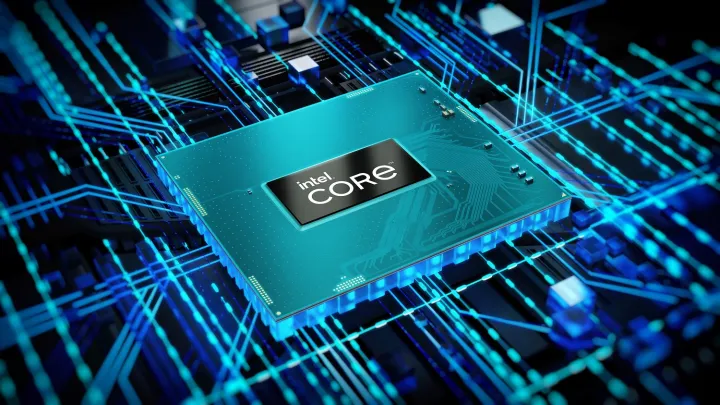According to a new report, Intel might be about to introduce a substantial pricing increase on the majority of its catalog. Unfortunately, this also includes consumer-level processors. The company cites an increase in production and material cost as the reason why it decided to up its prices.
For the customers, it all comes down to one thing — PC hardware and pre-built desktops and laptops might get a lot more expensive. The two key questions are: How much worse will the prices get, and how will Intel’s competitors respond to this decision?

The report comes from Nikkei Asia. According to the publication, Intel has already started informing its customers of the fact that it will raise the prices of the majority of its products. This change will affect microprocessors and peripheral chip devices, which boils down to consumer CPUs and enterprise-level products such as high-performance server chips. Intel also produces a wide range of other items, including various controllers and Wi-Fi chips.
It’s unclear as to how much higher the prices are going to be if this change comes into effect, and there’s no catch-all to refer to — the percentages will be different depending on the product. However, Nikkei Asia says that we can expect to see a fairly wide range, from single-digit bumps to as much as a 20% higher price.
Assuming that the price of some of Intel’s best processors will go up, this change will echo throughout more than just the PC hardware market. Intel’s processors are also found in all kinds of PCs, including pre-built desktops and laptops. Once the manufacturers of these devices are made to pay more to use an Intel CPU, they might have to, in turn, raise the prices of the end product. They might also turn their eyes to AMD Ryzen as a viable alternative.
Intel’s choice will likely ripple throughout the market. During the pandemic, the market was thriving in the manufacturer’s favor, although it was plagued by a chip shortage. There weren’t enough PCs and laptops to go around, but now, the situation has seemingly reversed. Nikkei Asia cites Acer chairman Jason Chen, who told reporters that the company no longer suffers from the chip shortage, saying: “Some of the chip suppliers’ CEOs even called me recently to buy more chips from them. The situation has changed.”

With inflation on a constant rise, the demand for electronics has been steadily dropping, which makes Intel’s move a risky one — but it’s not alone in its decision. TSMC has also allegedly told clients that it will be raising its prices by a single-digit percentage, beginning in 2023. Various other chipmakers and suppliers of chip materials are also cited as being about to increase their prices.
On the other end of the spectrum, Nvidia has seemingly finally chosen to cut down the MSRP of some of its best graphics cards, all due to an oversupply. There’s more than enough hardware and not enough people who want to buy it. It will certainly be interesting to see whether Intel’s main rival in the best CPU arena, AMD, will respond by raising its prices, or if it will stay around the same level and entice the customers who don’t want to pay Intel’s premium.
Nikkei Asia states that Intel itself had informed it about the upcoming changes, but until Intel itself confirms this, steer clear of treating this as a fact. While Intel might be planning to increase the prices on some — or all — of its products, we won’t know the true extent of it until everything is made official by the manufacturer. The next earnings call for Intel is set to take place on July 28, so it won’t be long before we hear directly from the source.
Editors' Recommendations
- What to do if your Intel CPU keeps crashing
- Intel Battlemage graphics cards: release date speculation, price, specs, and more
- AMD Zen 5: Everything we know about AMD’s next-gen CPUs
- I tested Intel’s XeSS against AMD FSR — and the results speak for themselves
- Intel may fire the first shots in the next-gen GPU war



